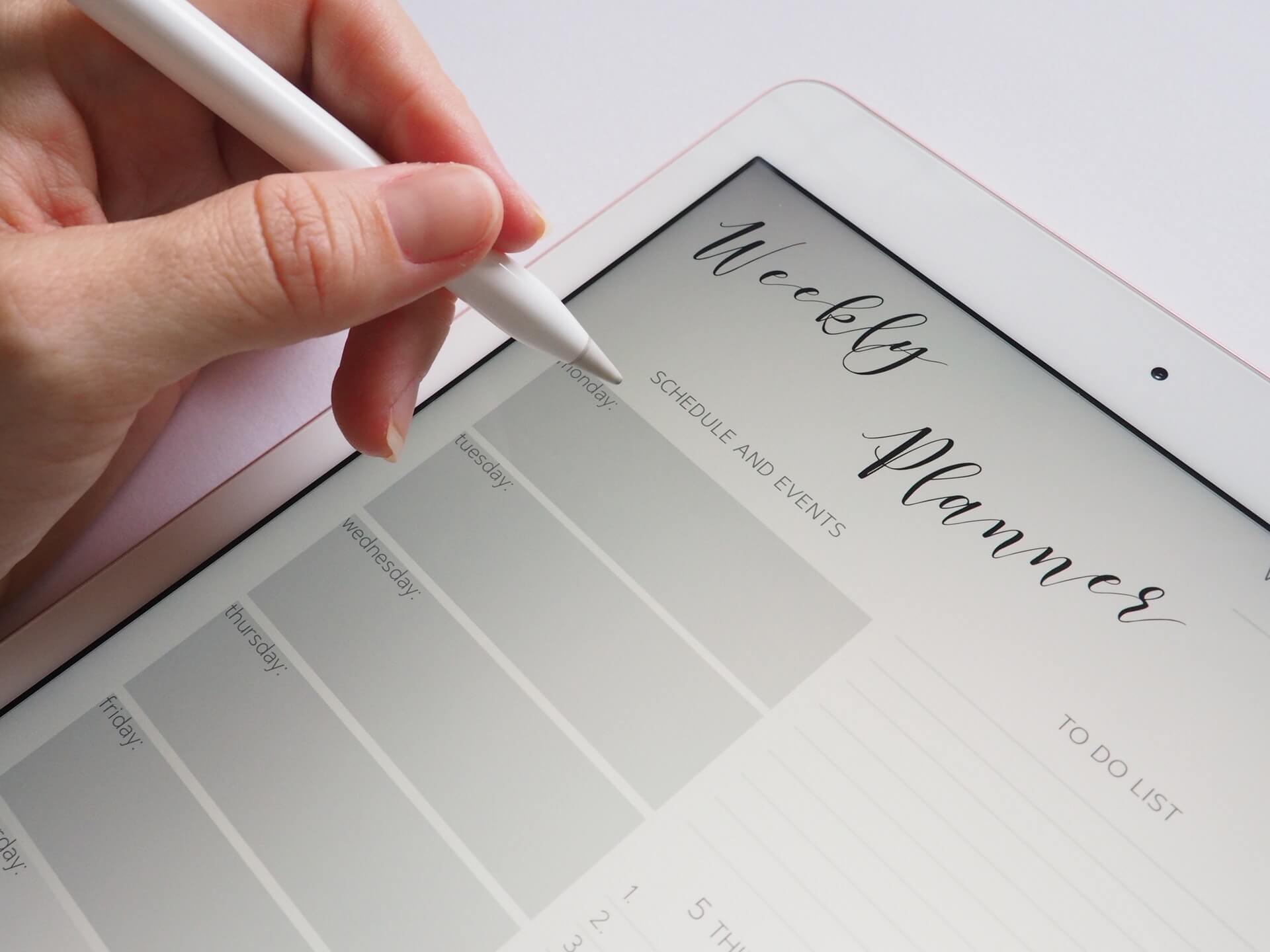For many, college is a time to explore and learn about the world and how we interact with others. It can also be a particularly stressful time, requiring students to learn efficient time management skills if they want to successfully get through their degree program.
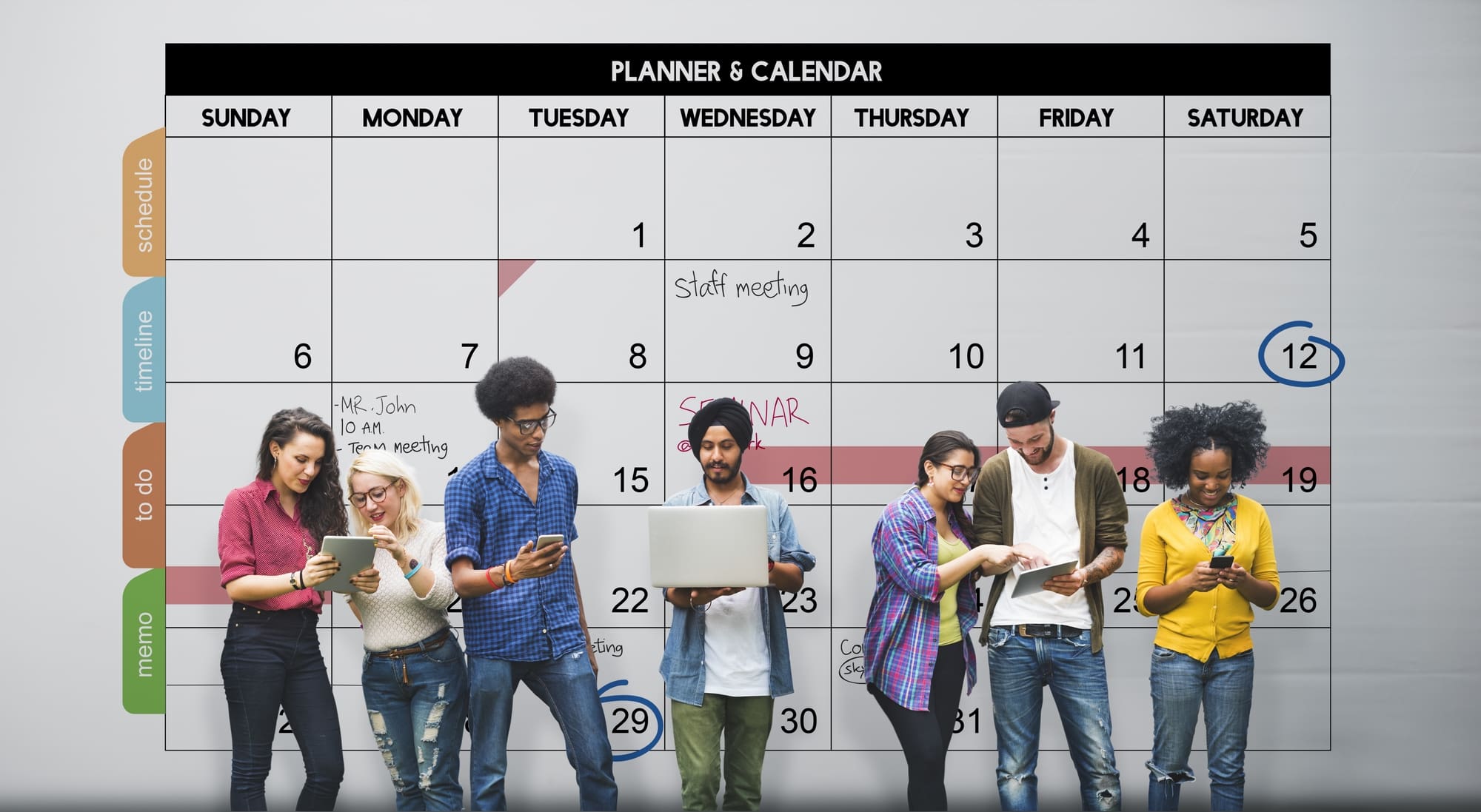
One of the biggest mistakes that college students make is having too much confidence in their skills. Even if you were a very successful student in high school, you are not guaranteed an easy time at college. This is because a collegiate level environment demands more of students, forcing them to have their priorities straight to succeed.
However, having proper priorities is not a guaranteed way to get through college. In order to have a good GPA, you must have the right materials to assist you along the way. Out of all of the materials required for your school experience, perhaps none are as helpful as academic planners for college students.
Having the right planner and knowing how to use it is essential for any college degree program. Thankfully, planners are very popular in mainstream culture, so you shouldn’t have to venture too far to find one at your local mall or corner store.
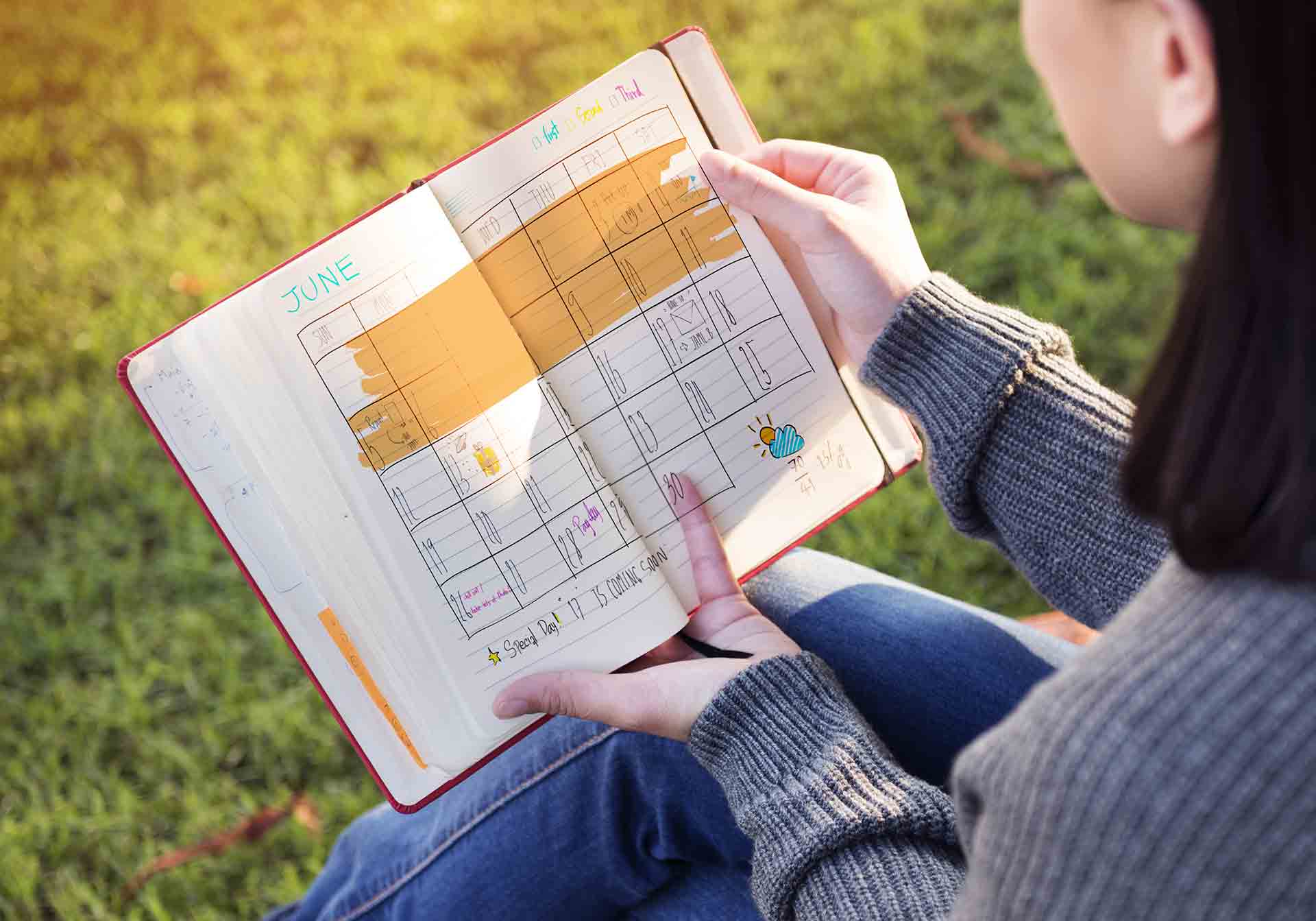
Once you have your planner, you need to figure out how to use it in the most efficient way possible. To help you develop a good strategy for using your planner, we have created a list of 7 Ways to Use Your Planner for College:
#1. Note Any Deadlines on the Syllabus Immediately
During the first few days of the semester, you’ll be getting to know your teachers and classmates. This is also when your professors will give out syllabi so you can stay informed about what to expect from the class.
More often than not, the syllabus you receive for any given class will detail some of the most important deadlines to keep track of. Because these deadlines are often at the end of the semester, it’s remarkably easy to simply ignore them until two weeks before they’re due. However, by noting them in your planner as soon as you get your syllabus, you can stay ahead of your classmates and truly be prepared by the time the deadline comes along.
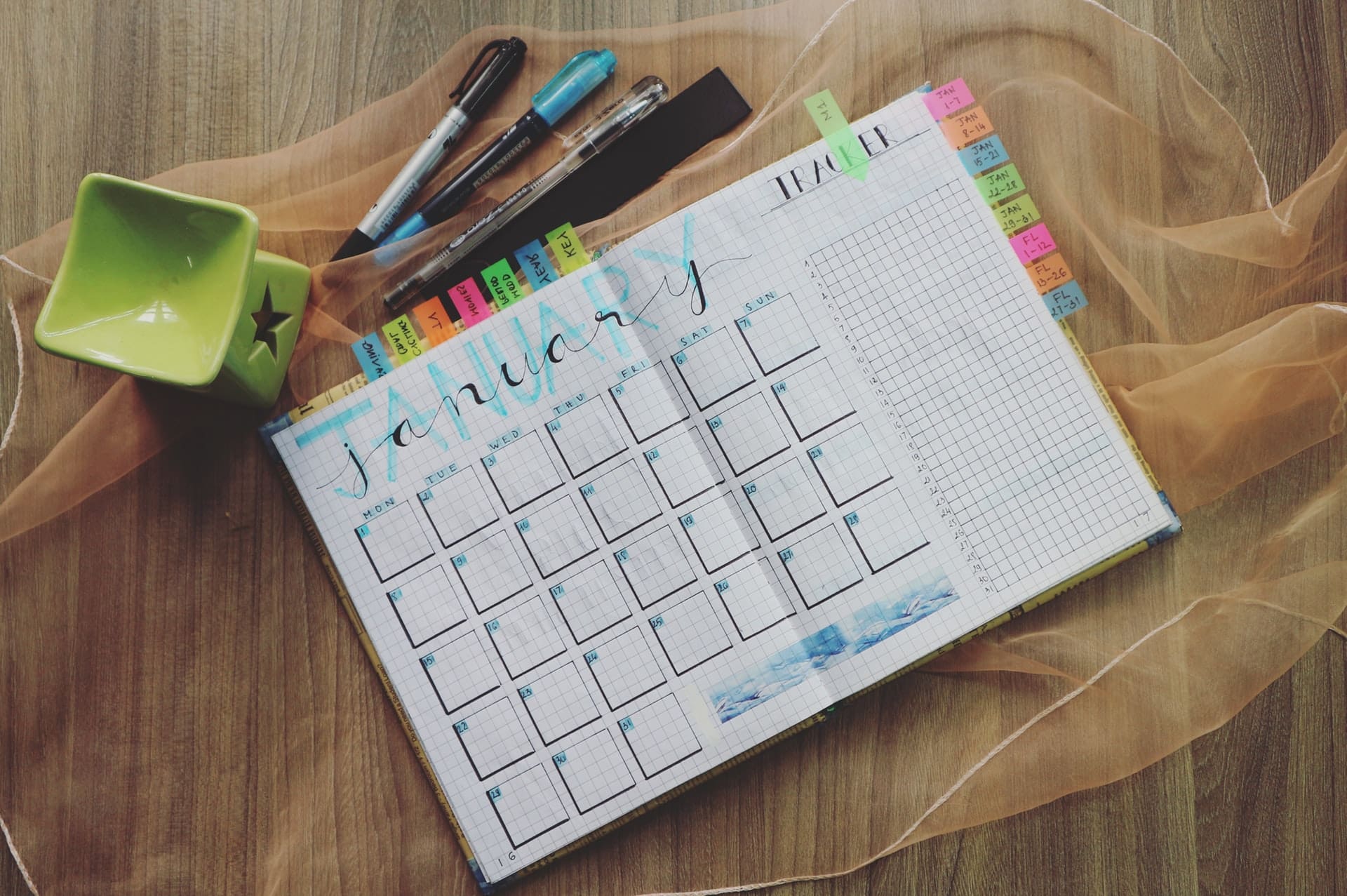
Deadlines can also take on the form of quizzes, tests and final exams. To make sure that you know everything that will be required of you during the semester, we recommend that you write as much in your planner as possible.
If you want to be especially organized, it might also be wise to set your own deadlines leading up to the major due dates. For example, if you have a project due that contains four components, perhaps it’s best to write in your own deadlines for finishing each component. By doing this, you won’t have to worry about cramming at the end of the semester!
#2. Write Down Your Assignments on a Daily Basis
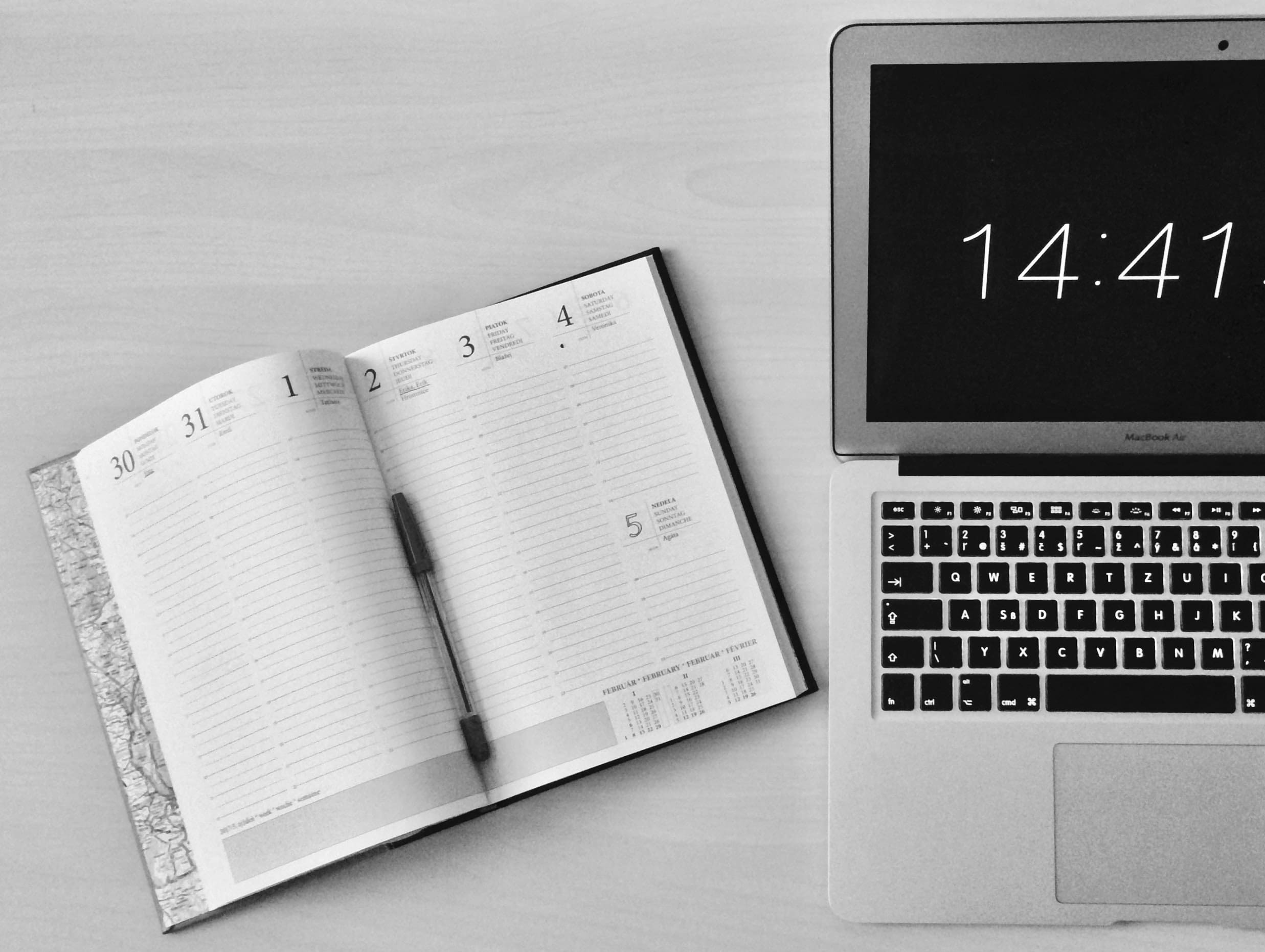
College is one of those times during which you will have to juggle your responsibilities. It’s quite common to have a class that meets twice a week but only collects homework once a week, so writing down everything due for a certain class on a daily basis can help you not forget essential assignments. It can be very tempting to write “no homework,” but there is always something you could be doing. By keeping a daily log of what you have to do, you’ll never fall behind!
#3. Keep Track of Your Non-Academic Plans
Out of all of the skills you learn while in college, time management is the one that you use the most. When getting to college, many people can easily get swept up in the social atmosphere and are subsequently prone to forgetting about academic obligations due to social ones. Because balancing your schedule means taking into account every aspect of your life, we recommend that you also take note of your non-academic plans in your planner. By doing this, you’ll be able to make sure that you don’t accidentally make dinner plans for the same night that you have to study for an exam!
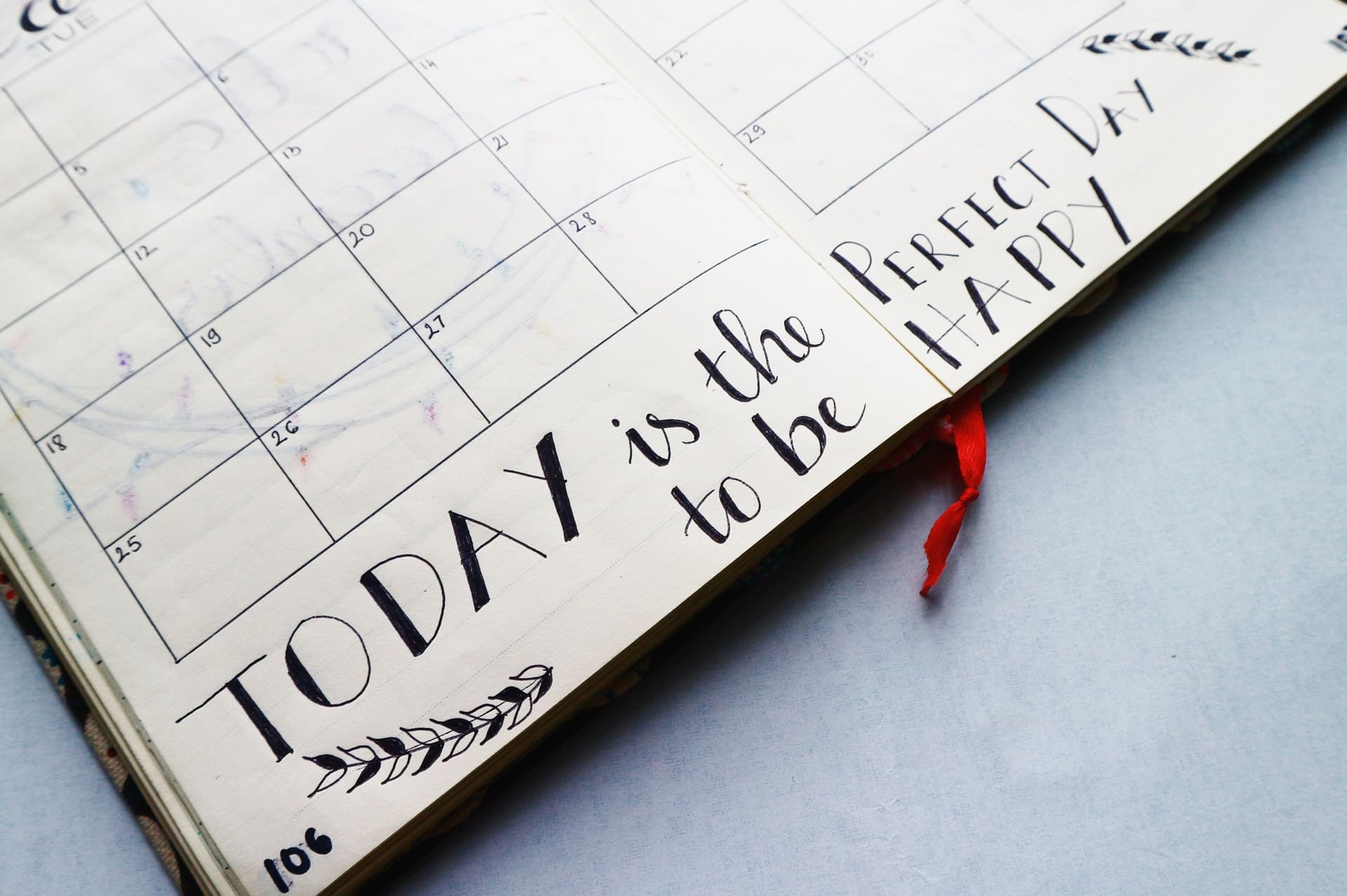
#4. Use Highlighters
This might seem a bit irrelevant, but using highlighters to color code your schedule can make a huge difference in your scheduling. If your planner gets filled up quickly, you might risk missing crucial information about a certain class. We recommend getting a set of different highlighters so you can have one color per class.
#5. Use Empty Space to Reflect on the Previous Week
A lot of people who use planners often increase the anxiety of the circumstance by making it seem as if they are simply going through a list of things to do. Instead of having your planner only reflect what you need to do, you should also leave yourself space to acknowledge things you did in the past week. By looking both backwards and forwards in your planner, you can begin having a more healthy relationship to keeping a schedule!
#6. Don’t Be Afraid to Transfer Goals to the Following Week
When you’re in college, it can be easy to be too ambitious. Though having big goals isn’t a bad thing, you shouldn’t be worried if you can’t complete everything you set out to do for any given week. Moving certain tasks to the following week is nothing to be ashamed of, so don’t be hesitant to do that if you sense that things are taking longer than you had previously thought they would.

#7. Have a Strict Study Schedule
In the same way that you should be planning in advance for big projects, carving out time in advance to study is a great way to make sure that you have sufficient time to review all of your material. After all, nobody wants the stress of having to cram an entire semester’s worth of knowledge into two days of studying!
Are you interested in more tips on how you can make the most out of your college experience? Be sure to visit https://getlifeyoudesire.com!

